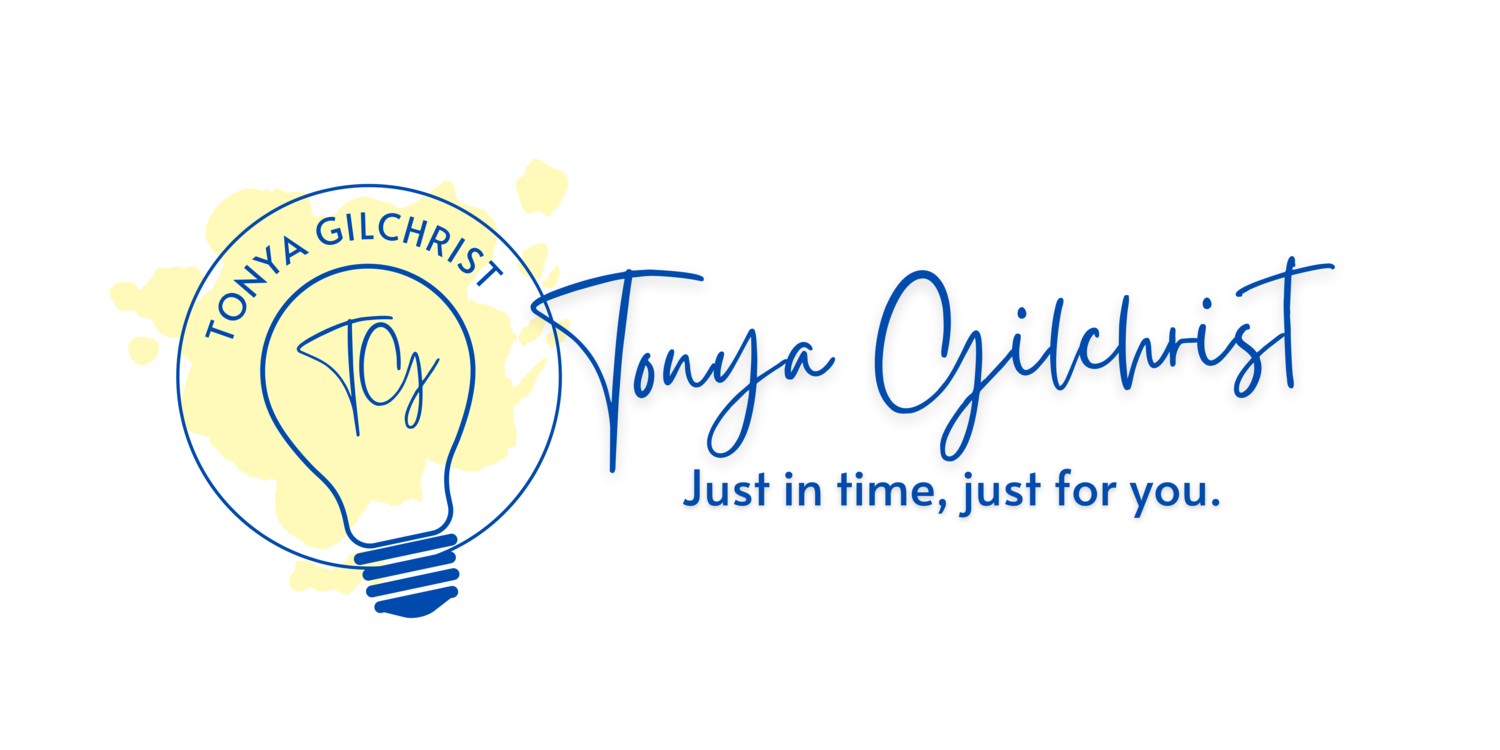Conferring ≠ Feedback
Back in my days at university, my first introduction to readers' and writers' workshop was through the works of Nancie Atwell. I had an amazing academic advisor who introduced me to the beauty of Nancie's workshop model. Still today, I often find myself circling back and gaining inspiration from Nancie's pearls of wisdom—such as in the quote above.As educators, inquiry is at the heart of what we do. We encourage our learners to be caring, inquirers, thinkers, and risk-takers. We strive to develop a classroom culture of curiosity that nurtures a growth mindset. But, do we approach our teaching in the same way? How about our conferring?Conferring is a conversation. Notice the important differences between the above definition of conversation and that of feedback below.
Notice the important differences between the above definition of conversation and that of feedback below. When we confer, are we exchanging ideas with a learner or sharing information about our reactions to their performance as a reader or writer? Another way to frame it: is our conference about the learner or about the product?Conferring needs to be responsive in the present moment. Do we go into a reading or writing conference with a premade agenda? Or do we go into it with the same curious, inquiry mindset we aim to cultivate in our students? Of course, we know our learners. We have established relationships with them and keep our fingers on the pulse of how they are doing. Still, it's vital that we go into conferences with an open mind. Conversations can go many different ways, and—as I'm sure most of us have seen many times—kids can surprise us! Are we open and flexible in embracing that surprise?Feedback has its time and place. Of course, we want to give feedback to help students better understand what went well and how they can continue to grow. In this way, feedback can sometimes be a part of our conversations with readers and writers. However, it should certainly not be the whole. Conferring does not equal feedback.Inquiry is not the only thing at the heart of what we do. Agency lives there, too. Do our learners have voice, choice, and ownership in the conversations we have with them? When we squat down beside them, are they anticipating the coming of a preprinted label or prewritten sticky note? Or do they recognize that we truly see them. That we are coming to them with an open mind, excited to hear more about their work?Rather than "giving feedback," can we instead coach students to reflect upon their work in order to have autonomy in establishing their own, unique next steps and visions for the future?
When we confer, are we exchanging ideas with a learner or sharing information about our reactions to their performance as a reader or writer? Another way to frame it: is our conference about the learner or about the product?Conferring needs to be responsive in the present moment. Do we go into a reading or writing conference with a premade agenda? Or do we go into it with the same curious, inquiry mindset we aim to cultivate in our students? Of course, we know our learners. We have established relationships with them and keep our fingers on the pulse of how they are doing. Still, it's vital that we go into conferences with an open mind. Conversations can go many different ways, and—as I'm sure most of us have seen many times—kids can surprise us! Are we open and flexible in embracing that surprise?Feedback has its time and place. Of course, we want to give feedback to help students better understand what went well and how they can continue to grow. In this way, feedback can sometimes be a part of our conversations with readers and writers. However, it should certainly not be the whole. Conferring does not equal feedback.Inquiry is not the only thing at the heart of what we do. Agency lives there, too. Do our learners have voice, choice, and ownership in the conversations we have with them? When we squat down beside them, are they anticipating the coming of a preprinted label or prewritten sticky note? Or do they recognize that we truly see them. That we are coming to them with an open mind, excited to hear more about their work?Rather than "giving feedback," can we instead coach students to reflect upon their work in order to have autonomy in establishing their own, unique next steps and visions for the future? How do you approach conferring with your students? What's working well? What might you shift?
How do you approach conferring with your students? What's working well? What might you shift?

